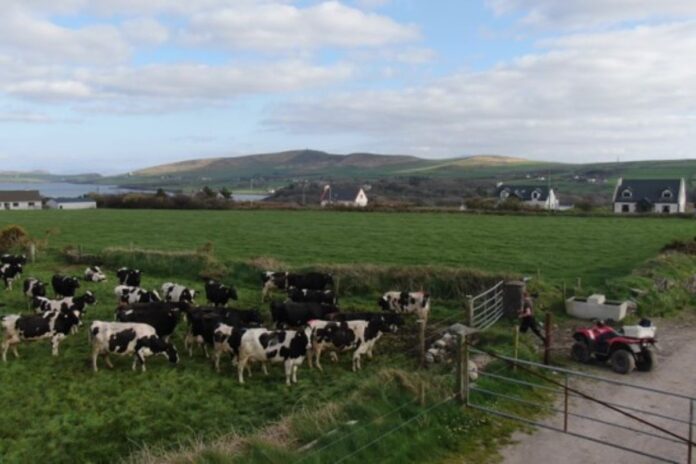The Climate Change Advisory Council (CCAC) believes that “agriculture is not on a sustainable path, and gains in production efficiency alone are not enough to address the need for reduction in total emissions”.
The “independent advisory body” published the statement in its Annual Review 2022 last week.
In the report, a spokesperson outlined that in the period leading up to and following, the removal of the milk quota in 2015, there has been a “major” expansion of the dairy herd.
Over the same period, suckler cow numbers have declined, reflecting “some restructuring” where suckler animals have been replaced by dairy animals, which, the body added, have higher greenhouse emissions per animal.
National herd
The report authors stated:
“The expansion of the dairy herd has outpaced the decline in the beef suckler herd, and overall, the national cattle herd has increased slightly.”
In terms of reducing emissions, the spokesperson said that “additional” policy instruments need to be explored to create a “meaningful counter-balance” to the “strong” market drivers pushing an expansion of production, especially in the dairy sector.
The body said it is “critical” to consider how supports are consistent with environmental objectives and the risk of high market prices stimulating higher levels of emissions in Ireland.
The Climate Change Advisory Council spokesperson continued:
“For example, the additional support for the suckler herd changes the dynamic and relative profitability of sheep over beef and discourages diversification.”
“Similarly, the high dairy prices further incentivise conversion from tillage to dairy, again reducing the diversity and increasing concentration risk in farming activity in the economy,” the spokesperson added.
“The council is very concerned about the continued increase in emissions within the dairy sector. The interim report of the Food Vision Dairy Policy Group has identified several practical measures which have the potential to reduce emissions.”
“Co-design of effective policy instruments will ensure sectoral acceptance and deployment at the scale necessary for significant impact on emissions.”
Furthermore, the spokesperson noted that a just transition requires “strong” community engagement and confidence that the transition will deliver a “vibrant” rural economy.
It suggests enabling the deployment of technologies and diversification of activities enabled through design, resourcing and implementation of policies to address climate change.
“These need to present viable and attractive options for farmers and support rural communities,” the spokesperson added.
Other articles on That’s Farming:





